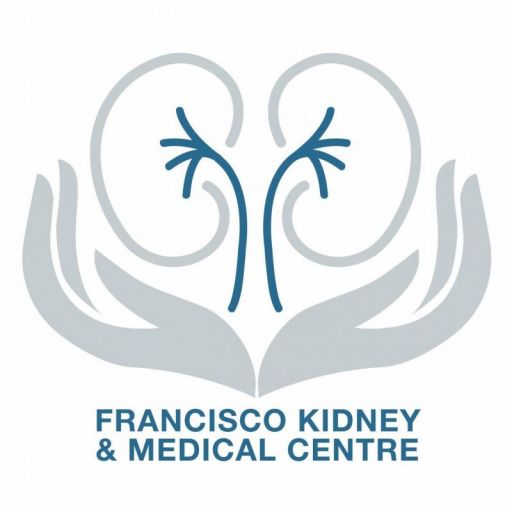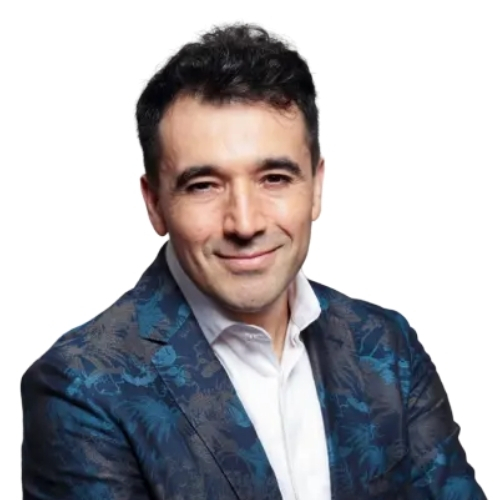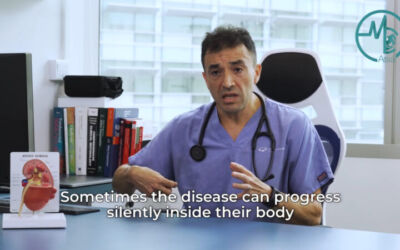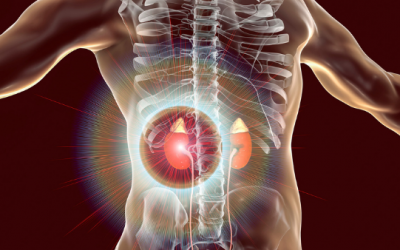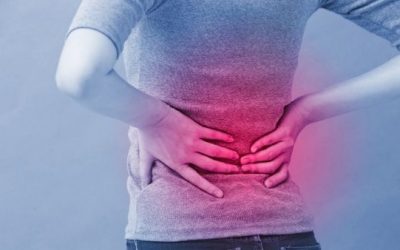What can you do to take better care of your high blood pressure?
Blood pressure control is very important for protection of your heart, your brain, your eyes and your circulation as a whole. Adequate monitoring, diet and lifestyle modifications and the use of medications are the main channels to obtain an optimal blood pressure control. So, let’s go straight to show you the main recommendations and tips you can do to take better control of your high blood pressure and prevent complications.
1. Buy a blood pressure machine to monitor your blood pressure at home and ask your doctor to teach you how to use it. It is an extra cost, but it is an important investment in your health.
By monitoring the blood pressure at home you can, for example, identify increments in your blood pressure early and seek medical advice promptly rather than waiting for the next appointment to discover your blood pressure was high for the last months; whilst causing some damage to your organs.
You can also rule out “white coat” hypertension, where your blood pressure is high in the clinic and normal at home, as your doctor might not need to increase your medications based on high readings in his clinic if the readings at home are normal.
2. Take your medications as prescribed by your doctor.
3. Aim to have a blood pressure of at least < 140/90 mmHg (a higher blood pressure can be allowed in the elderly and patients with dizziness and at risk of falling, or in patients on haemodialysis. Some doctors recommend lower blood pressure in certain conditions. Again, talk to your doctor to see what is the correct target for you.
4. Avoid very salty food and reduce the amount of salt added to your food. This can improve the blood pressure in many patients; even reduce the amount of medications needed.
5. If overweight or heavier, aim to lose weight through diet improvements and exercise. Losing weight can improve blood pressure in many patients, and even reduce the need of anti-hypertensives medications in some patients.
6. If you smoke…sincerely, stop smoking. It is not easy, ask for help if having difficulties, there are many methods to help you to quit smoking
7. Have your heart checked. For many patients a trace of the heart (ECG/EKG) is a good initial test: consult your doctor first to see if this is necessary.
8. Do at least light to moderate exercise several days a week if no heart problems (consult first your doctor)
9. Patients with heart problems might benefit for the use of aspirin, but consult your doctor if this is suitable for you. It is not suitable for everyone.
10. Reduce fried, fatty, oily food (reduce saturated fats, especially) if you have high blood cholesterol.
11. If you have high blood cholesterol, you might also need anti-cholesterol medications and to be more strict with your diet.
12. Reduce sugary food and sugary drinks, especially if overweight, to help you reduce your weight and possibly to reduce the risk of developing diabetes if you have any predisposition. You do not want to have diabetes if you have high blood pressure (or vice versa). Otherwise, double injury to your organs and blood vessels.
13. Get your kidney function checked and test for leakage of protein in the urine, as high blood pressure can affect your kidneys without you noticing it.
14. If leakage of protein detected in your urine, ask your doctor if you should/could be on anti-proteinuric medications, as they can protect your kidneys, but some patients might have contraindications to them.
15. See an eye doctor to examine the back of your eye yearly or earlier if changes in your eyesight occur.
16. Regarding alcohol, if possible avoid it, otherwise, do not binge-drink and avoid drinking in excess.
17. Inform your doctor immediately after becoming pregnant as you might need to discontinue medications like anti-cholesterol and anti-proteinuric medications
18. Go back to consult your doctor if you have queries or worries about your health or side effects of therapies or recommendations or you do not respond as both you and the doctor expected to the strategy proposed by your doctor. A minority of patients with high blood pressure do not have essential hypertension and they should have further tests performed.
19. And do not forget to be vigilant, stay safe and improve your health in these times of COVID19. Please follow all the necessary precautions recommended by international and local health advisory boards, for your own protection and the protection of the community in general. They can vary from country to country, so be attentive to that.
Overall, practice respiratory etiquette and wear a face mask when in public and especially if you are ill with flu-like symptoms; but if you are ill, better see a doctor and/or stay at home. Even if you are not ill, stay at home if you don’t need to commute or be outside, and avoid large crowds, keeping physical distance at your best capacity.
